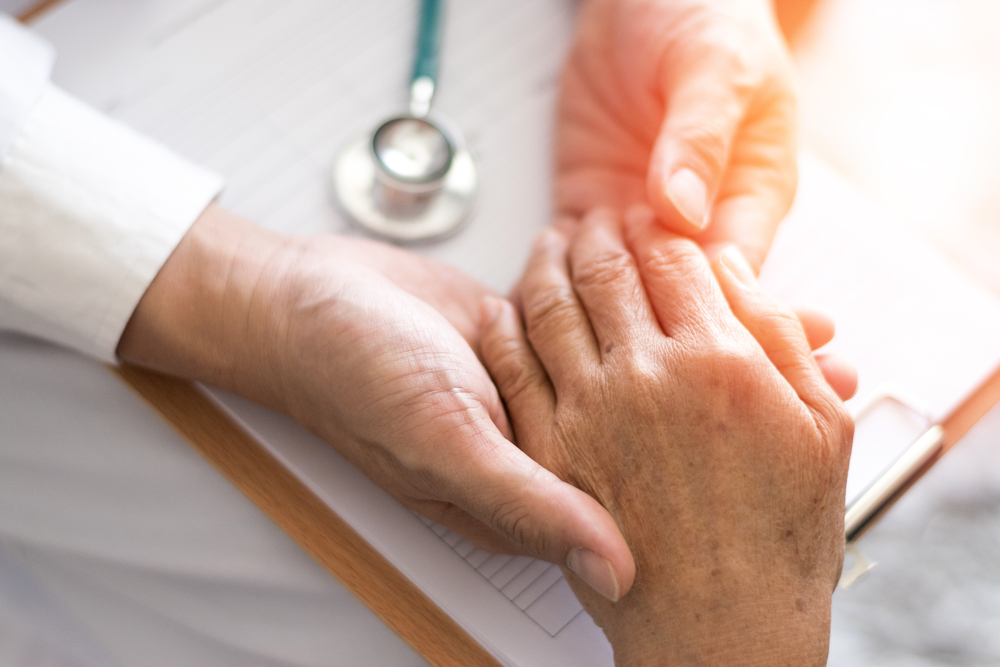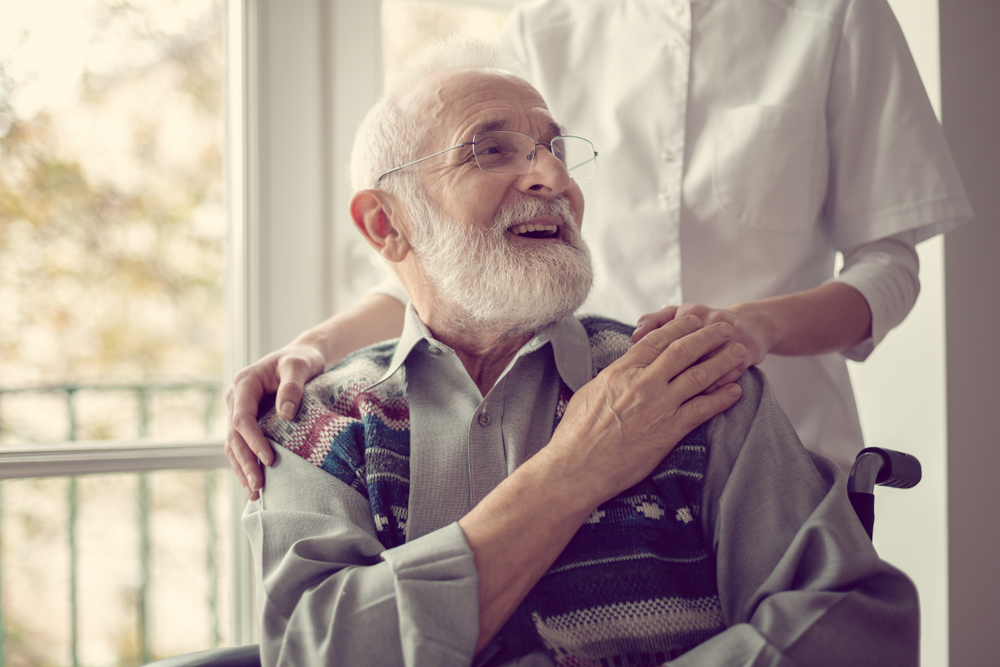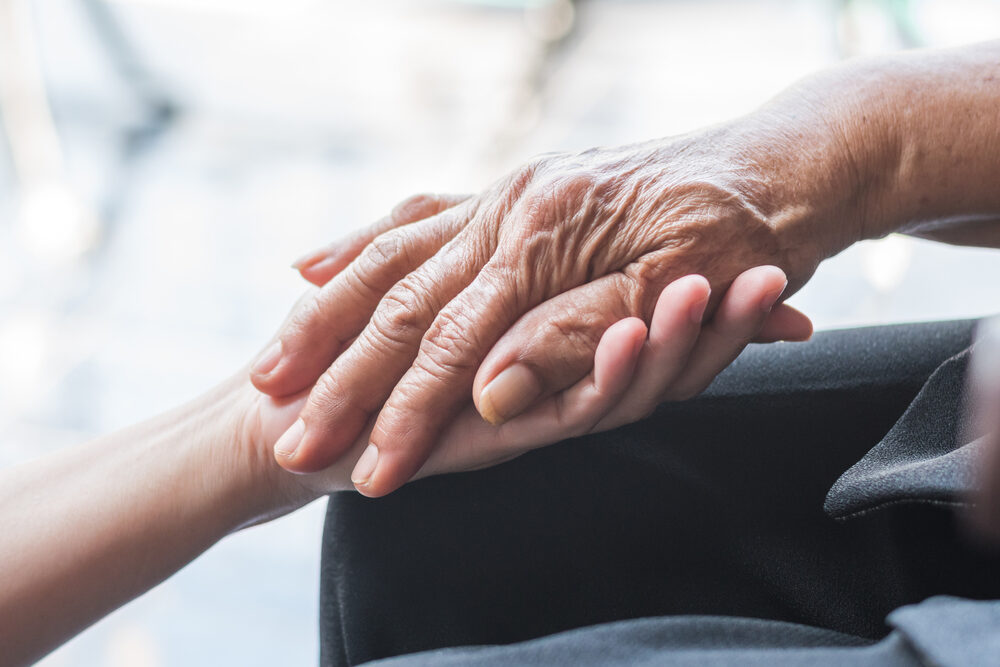A million. Here is the number of people with Alzheimer’s disease in France. An alarming figure, especially since this pathology suffers from a lack of diagnostic accessibility and prevention policy. So what are the everyday help and support solutions? Here are three valuable tips for patients and caregivers.
What is Alzheimer’s disease?
It is a neurodegenerative disease, to date irreversible and incurable. [1] This is the most common form of dementia characterized by a slow and progressive loss of memory, thinking and behavior. These conditions have a major impact on the activities of daily living. Among the most common symptoms are:
- language disorders
- Difficulty performing certain gestures
- Loss of recognition of objects or people
- Loss of executive functions (adapting behavior to a particular context)

How is the diagnosis made?
According to France, one in two patients would go undiagnosed with Alzheimer’s (there are 225,000 new cases each year in France). If you think you are suffering from any of the above symptoms or if you notice a change in behavior in someone close to you, see your doctor immediately. This professional will refer you to a neurologist who will make an assessment.
Although this disease is incurable to date, diagnosis is essential to avoid treatment errors and benefit from 100% health coverage. So when in doubt, see a health professional.

How can you benefit from financial aid?
Long-term affection (ALD) allowance
Do you or your loved one suffer from Alzheimer’s disease? Please note that financial support is available. This is especially the case with the ALD. With this allowance you can fully reimburse the care related to your pathology (speech therapy, medication, physiotherapy, nursing care, etc.) by the Health Insurance. But you will understand that it is imperative to be diagnosed to benefit from it. More information here.
Personal Autonomy Allowance (APA)
If you are over 60 and suffer from Alzheimer’s disease, you can benefit from this financial support. There are two options: if you are at home, you can use this allowance to finance all or part of the costs necessary to keep you at home. On the contrary, if you are placed, it contributes to the payment of your housing in a medical-social institution. The amount of support varies according to your degree of loss of autonomy (from 1 to 6). Need more information, go here.
Help from the CAF retirement home
Would you like to place your loved one with Alzheimer’s disease? There are solutions to support you in this process. With the CAF you can benefit from housing assistance (rest home, Ehpad, long-term care department or housing). If you want to know more, it’s here.
Social Housing Assistance (ASH)
This financial support, paid by the department where the patient over 60 lives, makes it possible to cover part or all of the costs of housing in an institution or with a foster family. To do this, go here.

How do you train?
Are you a carer and do not know how to help your loved one to overcome the disease? Note that France Alzheimer regularly offers training in small groups to understand the patient and adapt his guidance. It lasts 14 hours and is divided into 5 to 6 sessions. Go here to register.
But that’s not all, you can also join a local association to discuss with other members, better understand the disease and learn about all the support systems. Finally, if you want to talk to a professional, confide in yourself and get quick and concrete answers, you can call Allo Alzheimer on 09 70 81 88 06. This nationwide help, listening and support department is open every day from 8 to 10 pm

Valuable advice for patients and caregivers. And to improve your memory on a daily basis, here are 6 easy tips and 4 foods to put on your plate.